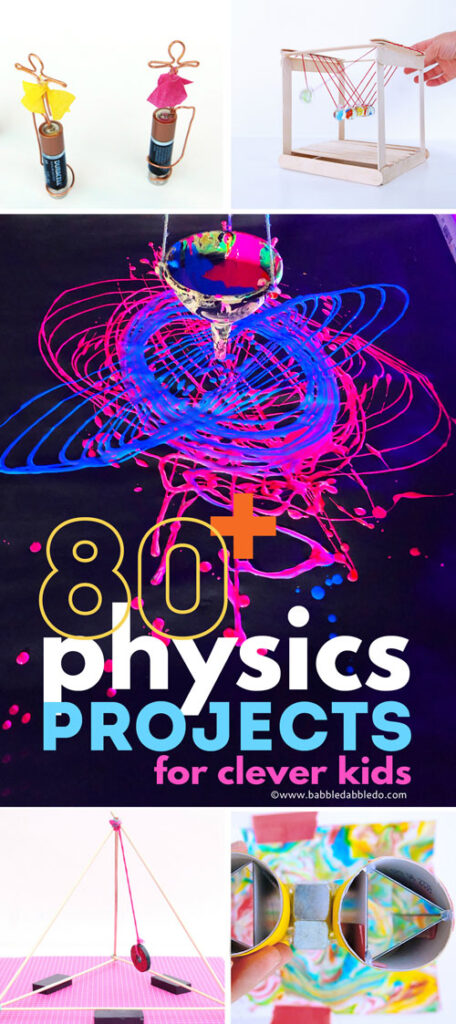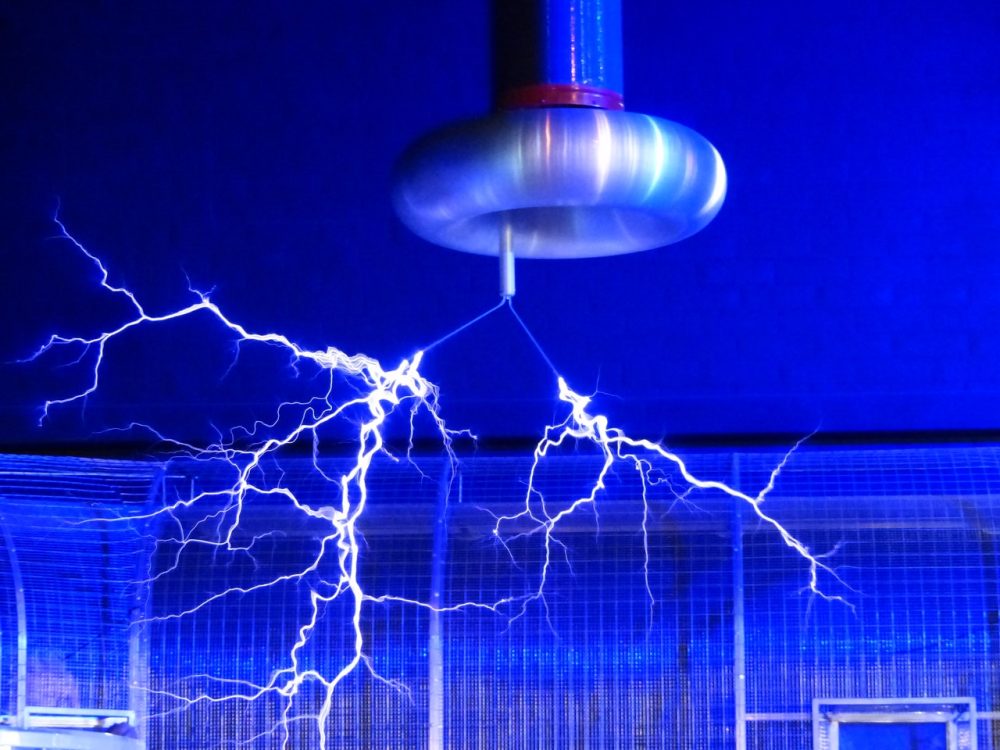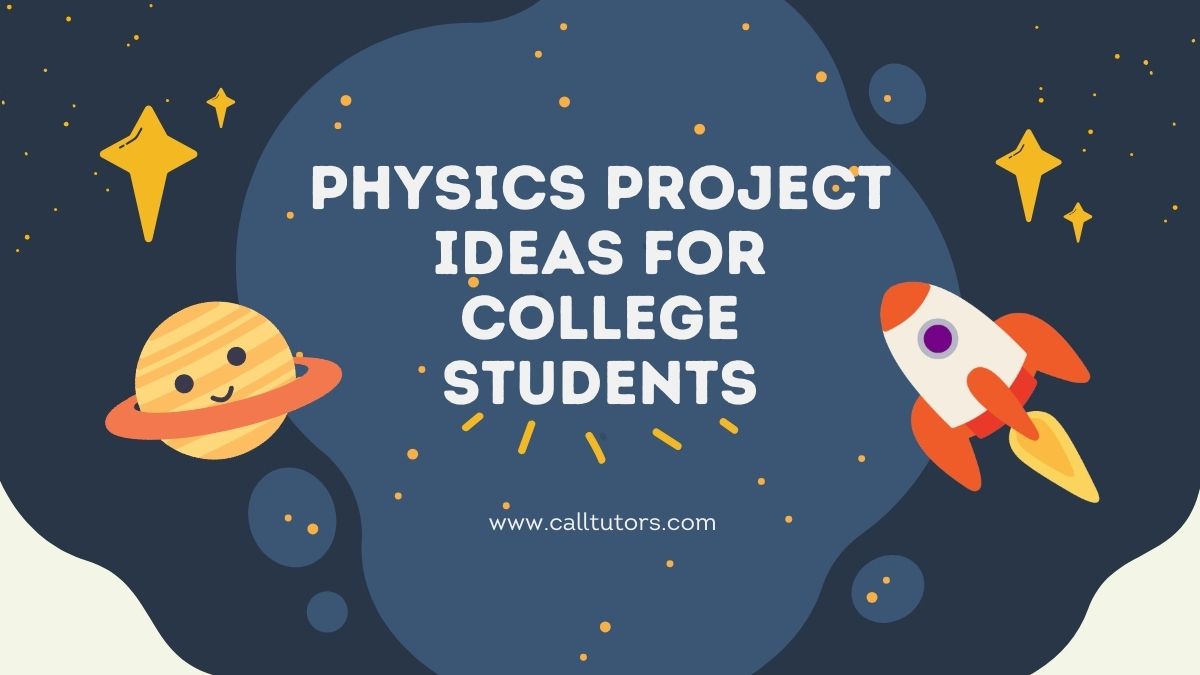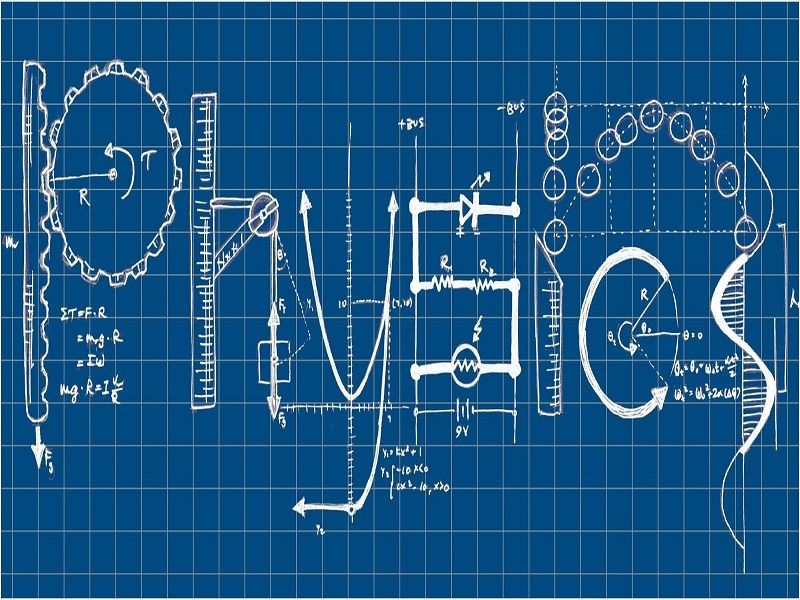50 Ideas for Physics Projects in 2025
Related Articles: 50 Ideas for Physics Projects in 2025
- 2 Truths And 1 Lie Ideas 2025 Ideas To Start A Youtube Channel 2025
- 16 Unique Zucchini Recipe Ideas For Dinner 2025 Ideas To Draw With Colored Pencils 2025
- 18th Birthday Party Ideas 2025 Ideas To Impacts Innovation 2025
- 10 Quick Easy Breakfast Snack Ideas 2025 Ideas To Draw On Rocks 2025
- 18th Male Birthday Party Ideas 2025 Ideas To Make Money Without A Job 2025
Introduction
With great pleasure, we will explore the intriguing topic related to 50 Ideas for Physics Projects in 2025. Let’s weave interesting information and offer fresh perspectives to the readers.
Table of Content
Video about 50 Ideas for Physics Projects in 2025
50 Ideas for Physics Projects in 2025

As we approach the year 2025, the field of physics continues to evolve at an unprecedented pace. From the discovery of new particles to the development of groundbreaking technologies, there is no shortage of exciting and challenging physics projects to pursue.
To help aspiring physicists and researchers, we have compiled a list of 50 ideas for physics projects that are both innovative and relevant to the emerging trends in the field. These projects cover a wide range of topics, from quantum computing to astrophysics, and are designed to appeal to students and researchers at all levels.
1. Quantum Computing: Building a Quantum Computer
Develop a working quantum computer using a variety of technologies, such as superconducting qubits, trapped ions, or photonic systems.
2. Quantum Computing: Quantum Algorithm Design
Design and implement quantum algorithms for solving complex problems in areas such as optimization, cryptography, and machine learning.
3. Quantum Computing: Quantum Error Correction
Develop and implement quantum error correction protocols to protect quantum information from noise and decoherence.
4. Artificial Intelligence: Machine Learning for Physics
Develop machine learning algorithms for solving complex physics problems, such as analyzing experimental data, predicting physical properties, and designing new materials.
5. Artificial Intelligence: Natural Language Processing for Physics
Develop natural language processing techniques for understanding and generating scientific text, such as research papers, technical reports, and grant proposals.
6. Astrophysics: Exoplanet Detection and Characterization
Develop new methods for detecting and characterizing exoplanets, including planets that are orbiting stars other than our Sun.
7. Astrophysics: Dark Matter and Dark Energy
Investigate the nature of dark matter and dark energy, two of the most mysterious and poorly understood phenomena in the universe.
8. Astrophysics: Gravitational Waves
Study gravitational waves, ripples in spacetime that are produced by massive objects accelerating, and develop new ways to detect and analyze them.
9. Condensed Matter Physics: Topological Insulators
Explore the properties of topological insulators, materials that are insulators in their interior but conductors on their surfaces.
10. Condensed Matter Physics: Quantum Materials
Study the behavior of quantum materials, materials that exhibit exotic properties due to quantum effects, such as superconductivity and magnetism.
11. Condensed Matter Physics: Spintronics
Investigate spintronics, the field of electronics that exploits the spin of electrons to store and process information.
12. High Energy Physics: Beyond the Standard Model
Search for new particles and interactions that go beyond the Standard Model of particle physics, which describes the fundamental particles and forces of nature.
13. High Energy Physics: Dark Matter Searches
Develop and conduct experiments to search for dark matter particles, which are believed to make up about 85% of the matter in the universe.
14. High Energy Physics: Neutrino Physics
Study the properties of neutrinos, subatomic particles that are nearly massless and have no electric charge.
15. Nuclear Physics: Nuclear Fusion
Develop new methods for nuclear fusion, a process that combines light atomic nuclei to release enormous amounts of energy.
16. Nuclear Physics: Nuclear Waste Disposal
Develop safe and effective methods for disposing of nuclear waste, which is a byproduct of nuclear power plants and nuclear weapons.
17. Optics: Metamaterials
Create and study metamaterials, artificial materials that have unusual optical properties, such as negative refractive index and cloaking ability.
18. Optics: Quantum Optics
Investigate the properties of light at the quantum level, including entanglement, superposition, and quantum teleportation.
19. Optics: Nonlinear Optics
Study the behavior of light in nonlinear optical materials, which exhibit nonlinear relationships between the electric field and polarization.
20. Plasma Physics: Fusion Energy
Develop and optimize plasma fusion devices for generating electricity on a large scale.
21. Plasma Physics: Plasma Diagnostics
Develop new diagnostic techniques for studying the properties of plasmas, which are ionized gases.
22. Plasma Physics: Plasma Propulsion
Investigate the use of plasma propulsion for spacecraft, which could provide more efficient and powerful propulsion systems than traditional chemical rockets.
23. Soft Matter Physics: Biomaterials
Design and develop new biomaterials for medical applications, such as tissue engineering, drug delivery, and diagnostics.
24. Soft Matter Physics: Polymers
Study the properties and behavior of polymers, large molecules that are made up of repeating subunits.
25. Soft Matter Physics: Liquid Crystals
Investigate the properties of liquid crystals, materials that have properties of both liquids and crystals.
26. Statistical Physics: Machine Learning for Statistical Physics
Develop machine learning algorithms for solving complex problems in statistical physics, such as predicting the behavior of complex systems and simulating physical processes.
27. Statistical Physics: Non-Equilibrium Statistical Physics
Study the behavior of systems that are not in equilibrium, such as biological systems, financial markets, and social networks.
28. Statistical Physics: Quantum Statistical Physics
Investigate the statistical properties of quantum systems, such as the behavior of electrons in a metal or the properties of superfluids.
29. Theoretical Physics: String Theory
Study string theory, a theoretical framework that attempts to unify all the forces of nature and provide a complete description of the universe.
30. Theoretical Physics: General Relativity
Investigate the properties of spacetime and gravity, as described by Einstein’s theory of general relativity.
31. Theoretical Physics: Quantum Field Theory
Study quantum field theory, a theoretical framework that describes the behavior of fundamental particles and forces.
32. Computational Physics: High-Performance Computing
Develop and apply high-performance computing techniques to solve complex physics problems that require massive computational resources.
33. Computational Physics: Numerical Methods
Develop and implement new numerical methods for solving physics problems, such as finite element methods, finite difference methods, and Monte Carlo methods.
34. Computational Physics: Computational Fluid Dynamics
Study the behavior of fluids using computational fluid dynamics, a branch of physics that uses numerical methods to solve fluid flow problems.
35. Biophysics: Protein Folding
Investigate the mechanisms by which proteins fold into their functional conformations.
36. Biophysics: Membrane Biophysics
Study the structure and function of biological membranes, which are essential for the survival of cells.
37. Biophysics: Molecular Motors
Investigate the properties and mechanisms of molecular motors, which are proteins that use energy to move molecules within cells.
38. Geophysics: Earthquake Prediction
Develop new methods for predicting earthquakes, which could help to save lives and property.
39. Geophysics: Tsunami Modeling
Create and improve tsunami models to predict the behavior of tsunamis and mitigate their effects.
40. Geophysics: Climate Modeling
Develop and refine climate models to predict future climate change and its impacts on the environment and human society.
41. Materials Science: Nanomaterials
Develop and study new nanomaterials, materials that have dimensions on the nanoscale, and explore their potential applications in areas such as electronics, medicine, and energy.
42. Materials Science: Biomaterials
Design and develop new biomaterials for medical applications, such as tissue engineering, drug delivery, and diagnostics.
43. Materials Science: Superconductivity
Investigate the properties of superconductors, materials that conduct electricity without resistance, and develop new superconducting materials with higher critical temperatures.
44. Engineering Physics: Biomedical Engineering
Develop new biomedical devices and technologies for diagnosing and treating diseases, such as artificial organs, implantable sensors, and drug delivery systems.
45. Engineering Physics: Energy Engineering
Develop new energy technologies, such as solar cells, wind turbines, and nuclear fusion reactors, to meet the world’s growing energy needs.
46. Engineering Physics: Robotics
Design and build new robots for a variety of applications, such as manufacturing, healthcare, and space exploration.
47. Education: Physics Education Research
Conduct research on physics education to improve the teaching and learning of physics at all levels.
48. Education: Physics Outreach
Develop and implement physics outreach programs to engage the public with physics and inspire future generations of physicists.
49. History of Physics: The History of a Specific Physics Concept
Study the history of a specific physics concept, such as gravity, electricity, or quantum mechanics, to gain a deeper understanding of its development and significance.
50. Philosophy of Physics: The Foundations of Physics
Investigate the philosophical foundations of physics, such as the nature of space and time, the laws of nature, and the relationship between physics and reality.








Closure
Thus, we hope this article has provided valuable insights into 50 Ideas for Physics Projects in 2025. We hope you find this article informative and beneficial. See you in our next article!